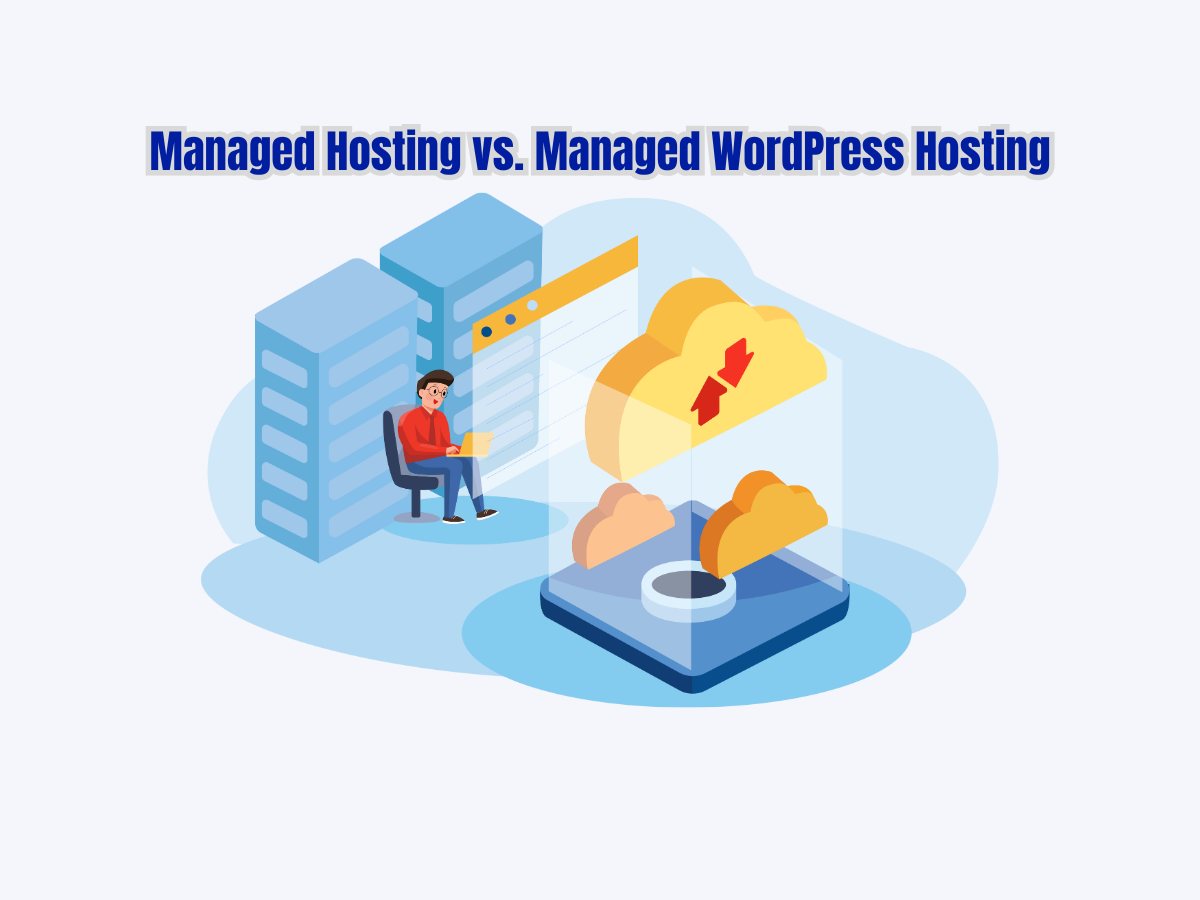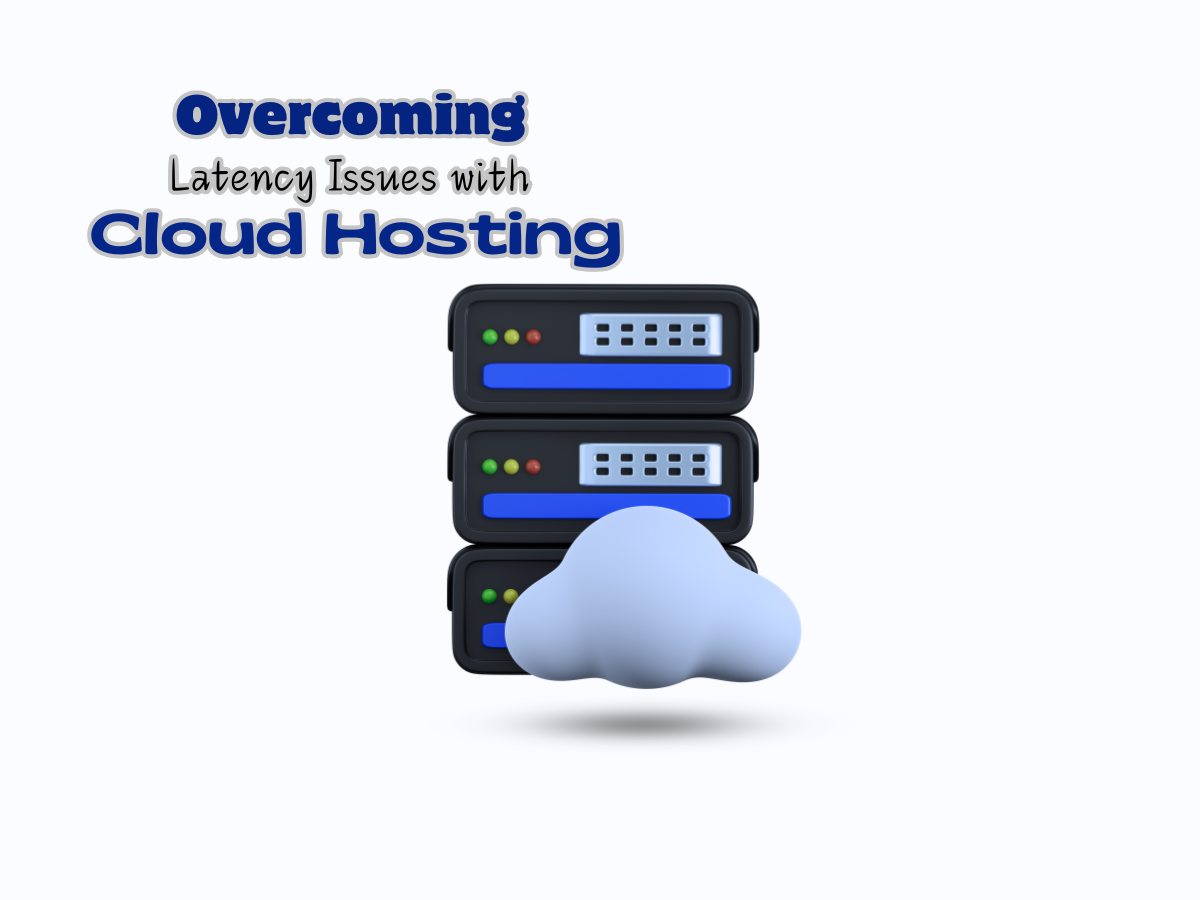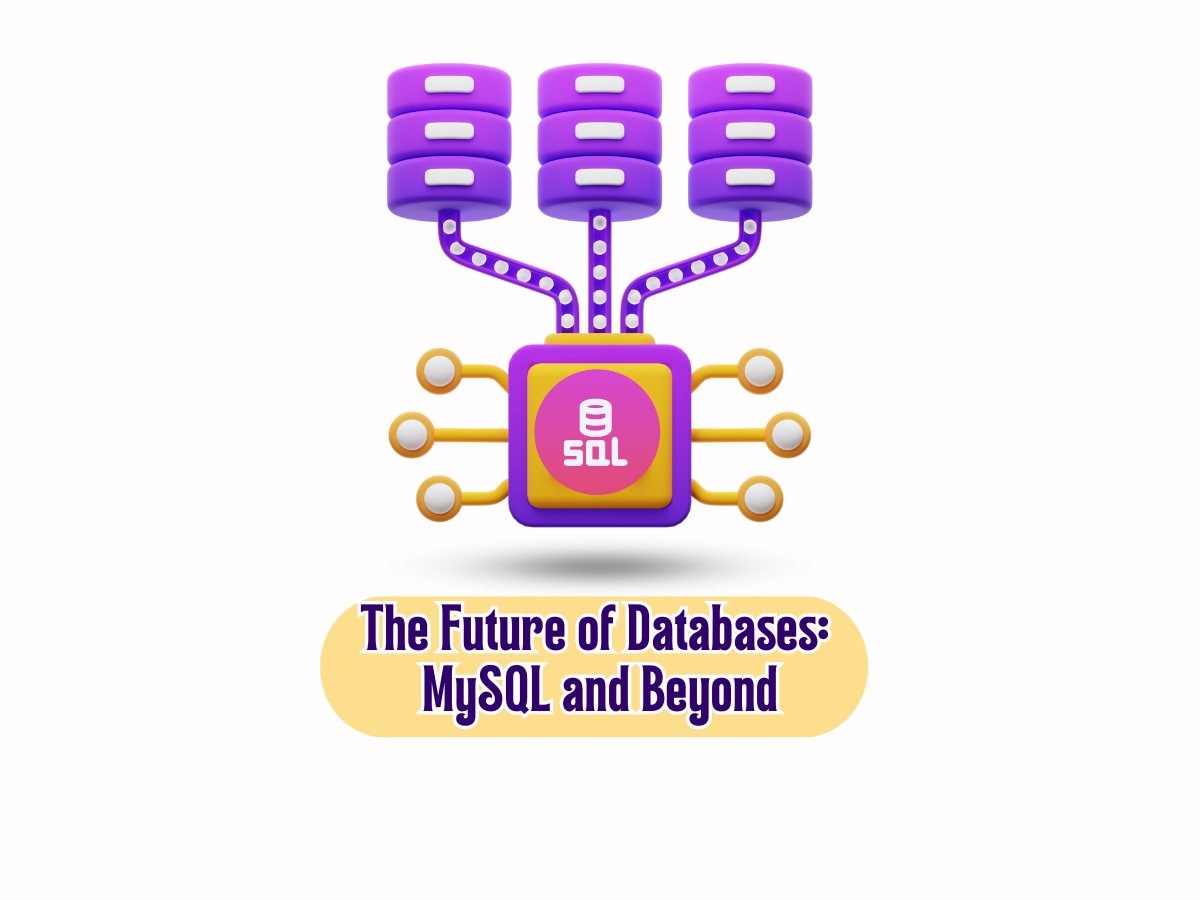
Managed Hosting vs. Managed WordPress Hosting: Key Differences
In the world of web hosting, managed services have become increasingly popular, offering website owners peace of mind and expert assistance in managing their online presence. Two common types of managed hosting services are managed hosting and managed WordPress hosting. While they share similarities in terms of providing support and maintenance, there are key differences between the two that cater to different needs and preferences. In this article, we’ll explore the distinctions between managed hosting and managed WordPress hosting to help you make informed decisions for your website.
Managed Hosting:
Managed hosting refers to a comprehensive hosting service where the hosting provider takes care of the technical aspects of server management, maintenance, and support. With managed hosting, website owners can focus on content creation, marketing, and business growth, without the need to worry about server administration tasks.
Key Features of Managed Hosting:
1. Server Management: The hosting provider manages all aspects of server maintenance, including hardware setup, software updates, security patches, and performance optimization. This relieves website owners of the burden of server management tasks, allowing them to focus on their core business activities.
2. Technical Support: Managed hosting typically includes 24/7 technical support from experienced professionals who are available to assist with server-related issues, troubleshooting, and performance optimization. Support channels may include live chat, ticketing systems, email, or phone support.
3. Scalability: Managed hosting services often offer scalability and flexibility to accommodate growing website traffic and resource demands. Providers may offer options to upgrade server resources such as CPU, RAM, and storage as needed, ensuring optimal performance and reliability.
4. Security: Managed hosting providers implement robust security measures to protect websites from cyber threats, unwanted program, and vulnerabilities. This may include firewall protection, unwanted program scanning, intrusion detection, SSL/TLS encryption, and regular security audits.
Managed WordPress Hosting:
Managed WordPress hosting is a specialized hosting service tailored specifically for WordPress websites. It offers all the benefits of managed hosting while providing additional features and optimizations designed to enhance the performance, security, and reliability of WordPress sites.
Key Features of Managed WordPress Hosting:
1. WordPress Optimization: Managed WordPress hosting platforms are optimized specifically for WordPress websites, ensuring compatibility, performance, and reliability. This includes server-level optimizations, caching mechanisms, and WordPress-specific tools and configurations.
2. Automatic Updates: Optimized WordPress hosting providers automatically handle WordPress core updates, plugin updates, and theme updates to ensure that websites are always running on the latest and most secure versions. This reduces the risk of compatibility issues and security vulnerabilities.
3. WordPress-Specific Support: Optimized WordPress hosting provides support from experts familiar with the platform’s architecture and features. They ensure best practices are followed for optimal performance. This allows website owners to receive targeted assistance and guidance for WordPress-related issues and optimizations.
4. Staging Environments: Optimized WordPress hosting often includes staging environments. This lets website owners test changes, updates, and features safely. It ensures issues are resolved before going live. This helps prevent downtime, errors, and disruptions to the user experience.
Key Differences:
1. Target Audience: Managed hosting suits various websites and applications. Managed WordPress hosting is specifically tailored for WordPress sites.
2. Optimizations: Optimized WordPress hosting includes WordPress-specific optimizations and features, whereas managed hosting may not offer such specialized optimizations.
3. Automatic Updates: Optimized WordPress services automatically handles WordPress updates, while managed hosting may require manual updates for all software components.
4. Support Expertise: Optimized WordPress hosting provides specialized support from WordPress experts, while managed hosting offers general technical support for a variety of platforms and technologies.
Conclusion:
Both managed hosting and optimized WordPress hosting offer valuable benefits for website owners seeking reliable and hassle-free hosting solutions. The choice between the two depends on factors such as website platform, technical expertise, and specific requirements. Whether you opt for managed hosting or optimized WordPress hosting, you can enjoy peace of mind knowing that your website is in capable hands, allowing you to focus on growing your online presence and achieving your business goals.







